Charlie Gray knows that small businesses often fail to consider HR until it’s too late.
“Most companies won’t [hire an HR person] until they get to a certain place, when they have some sort of problem that needs fixing,” Gray said during a recent Employee Cycle podcast with CEO and co-founder Bruce Marable.
But there are far better — and more forward-thinking — reasons for small-business founders to bring on an HR element to their organization, said Gray.
“If you have high-value talent, and if keeping them is a priority for the company, then that’s a good reason to have some sort of HR on your team, because they have that responsibility for getting and keeping the right type of talent.”
How Big Is a Small Business?
Gray, president of Gray Scalabe, an HR consultancy based in New York that has worked with Buzzfeed, Netflix and more than 100 other companies, said the criteria for small businesses to decide when to bring in an HR viewpoint is simple: when you start thinking about managing your people in layers.
“If it’s just a founder and a half-dozen people, that’s really more of a team than a company in a sense,” he said. “But when you have other managers, that’s when you have to start to think about how the company is being operated” and an HR person or consultant can help with that.
Small businesses that grow large enough will start to develop an organizational structure, at usually around 10-20 employees, adding that he considers a “small business” to be an organization with a headcount of 200 or fewer.
For small-business owners pondering whether to bring in an internal HR person or outsource it to a consultancy, Gray said their responsibilities should be clearly defined from the outset regardless of whether they are internal or external.
“No. 1 they should be learning and listening to leadership and have a solid understanding of the business and how they should approach their role,” he said. “And No. 2 is doing same with all the other employees.”
Once brought on board, his or her first task should be “to diagnose what they have,” Gray said: “Has the company been put together in a healthy way, or does it need early-stage work on thinking through its priorities?”
Advocate or Management or Both?
But one of the main challenges any HR person faces, Gray said, is one of dueling priorities.
“They are the advocate for the employees,” he said, “but they are also a member of the management team, so they are responsible for moving the business forward. Some can emphasize one over the other, but the trick is to find the right balance of interests.”
He added: “[HR] needs to be able to act impartially and across the different levels of an organization in a truthful way.”
It’s easy to embrace the employee advocacy role, Gray cautioned, “and if you aren’t trained in the other dimensions of responsibility, that’s probably where you’d focus.”
But it’s important for the HR leader to understand all the parts of the organization, including going to non-”people operations-related” meetings like sales and product-focused meetings, because they are vital functions of the business that leadership needs to fully understand.
“Otherwise they can’t have all the context they need to give good advice,” he said. “This is another place where HR can fail, not being sufficiently grounded in the business itself. It’s important for HR to get outside the people zone.”












